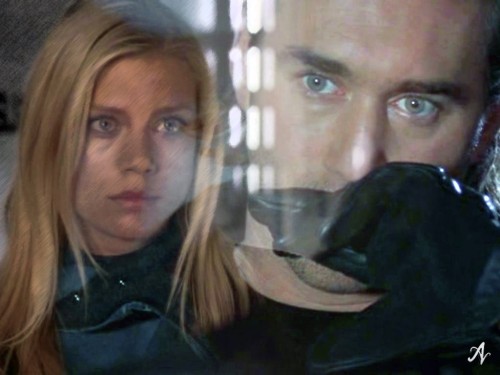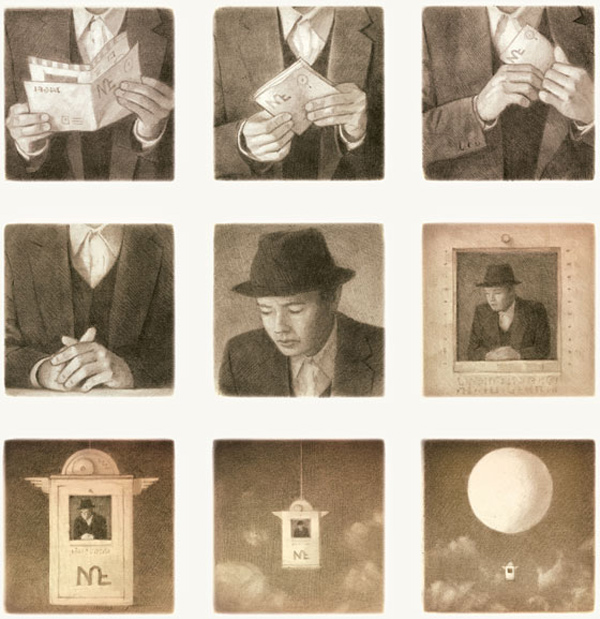
My desk is messy but on Wednesday Joe and I did a lot of work around HQ. We took down the old artish and put up some new pictures and my favorite thing was finally figuring out a way to display my chapbooks in a rack. I kept putting in chapbooks that I had in boxes and getting excited and showing them to Joe. Like, JOE! LOOK AT THIS TITLE “FALLING STARS TO SMASH MOTHERFUCKERS IN THEIR FACE”! AH HAHA AND LOOK AT THIS ONE! “CONGRATULATIONS! THERE’S NO LAST PLACE IF EVERYONE IS DEAD” – okay so maybe those titles are kind of pessimistic but there are a lot of other ones that I liked. I kept also being like JOE! THERE’S A LOT OF CHAPBOOKS IN HERE A PERSON WOULD ACTUALLY WANT TO READ!
Life is moving too fast. I can’t keep up with things like the Internet. HTMLGiant is fast like the wind — beyond me. I don’t know what’s going on anywhere. I don’t like the feeling. I feel like I’m withdrawing into my own small world of rush. I can’t talk crap about people anymore because I don’t know what anyone is doing. READ MORE >


 After we posted about
After we posted about 
 When I was a child, my father worked in air conditioning. I never thought that was a particularly high calling, even though we lived in Florida, in the heat, and even though I seldom felt the heat when I was indoors, since the default indoor condition of everything in Florida was cool, comfortable air, or sometimes air that was uncomfortable because it was too cold. I never figured out the value of what my father did until I read Arthur Miller’s essay “Before Air Conditioning.” Here is a representative paragraph:
When I was a child, my father worked in air conditioning. I never thought that was a particularly high calling, even though we lived in Florida, in the heat, and even though I seldom felt the heat when I was indoors, since the default indoor condition of everything in Florida was cool, comfortable air, or sometimes air that was uncomfortable because it was too cold. I never figured out the value of what my father did until I read Arthur Miller’s essay “Before Air Conditioning.” Here is a representative paragraph: